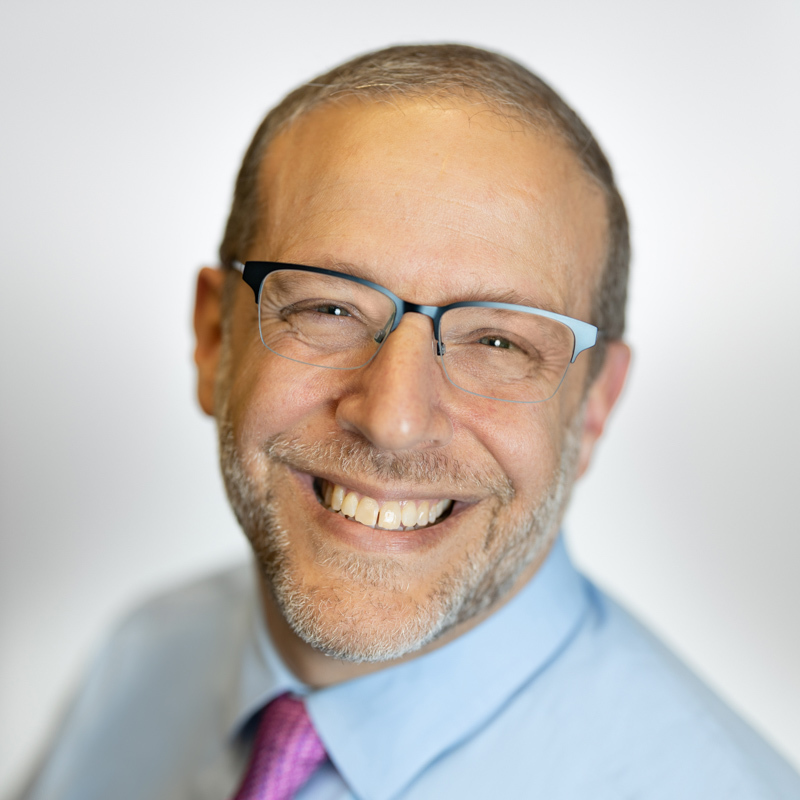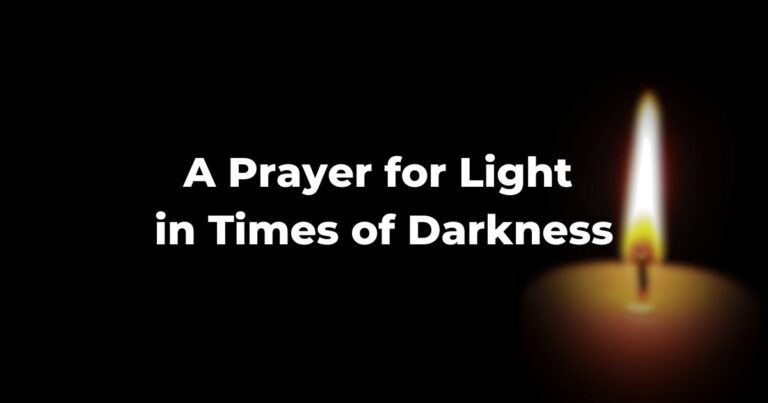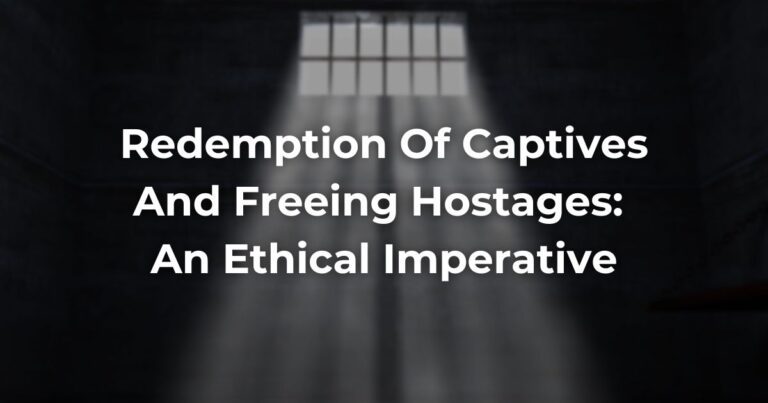Dear Friends:
In the classic 1984 film Amadeus, the Austrian emperor, Joseph II, is portrayed critiquing one of the composer’s operas by saying: “Too many notes!” Coming from the extended prayer experiences of Yom Kippur, you might join me in a similar critique of Jewish prayer: “Too many words!”
When I pray, I often try to sort through the overflow of words and focus on a specific phrase. Many mornings I find that those words come early in the service, as we recite Psalm 130: “Ba’erev yalin bekhi, v’laboker rinah — One may lie down crying at night, but wake in the morning with joyful song” (Siddur Lev Shalem for Shabbat and Festivals, p. 230).
Reciting this phrase as part of my prayer experience constantly reminds me that life is a mix of downs and ups. It has provided me constant comfort in these two years since October 7. In this challenging period, each day can often bring us to tears as we advocate for the release of 48 hostages still in Gaza, deal with the continued rise of antisemitism, pray for the safety of Israeli soldiers, and express concern for the well-being of all innocent civilians in the region.
And yet as we approach the anniversary of the October 7/Simhat Torah attack, we also encounter the mitzvah of celebrating Sukkot, “Z’man Simhateinu – our season of rejoicing.” As the psalm reminds us, Jewish tradition points us towards finding joy each morning. In the midst of yesterday’s pain, how can this day also be a moment of celebration, renewal, possibility, and gratitude?
This year on Sukkot, may we wish one another a “hag same’ah – happy holiday,” knowing that our joy may not be complete, but as a prayer that we may find the balance between struggle and hope that this moment demands.
And as we dwell in our fragile sukkot, and as we wave the lulav to acknowledge and invoke God’s presence, may our celebration bring a new day of peace and security for the Jewish people and the world.
Hag sameah,
Rabbi Jacob Blumenthal
We are happy to be hosting this letter on exploringjudaism.org, the digital home of Conservative/Masorti Judaism. As part of the High Holiday resources we’re offering this year, we hope you will explore the site, which contains articles to inspire all areas of your Jewish life.
Author
-

Rabbi Jacob Blumenthal serves as CEO of the Rabbinical Assembly and CEO of USCJ. He previously served for 20 years as the founding rabbi of Shaare TorahRefers to the first five books of the Hebrew Bible, the Tanakh, also called the Five Books of Moses, Pentateuch or the Hebrew equivalent, Humash. This is also called the Written Torah. The term may also refer to teachings that expound on Jewish tradition. Read more in Gaithersburg, Maryland.
View all posts




